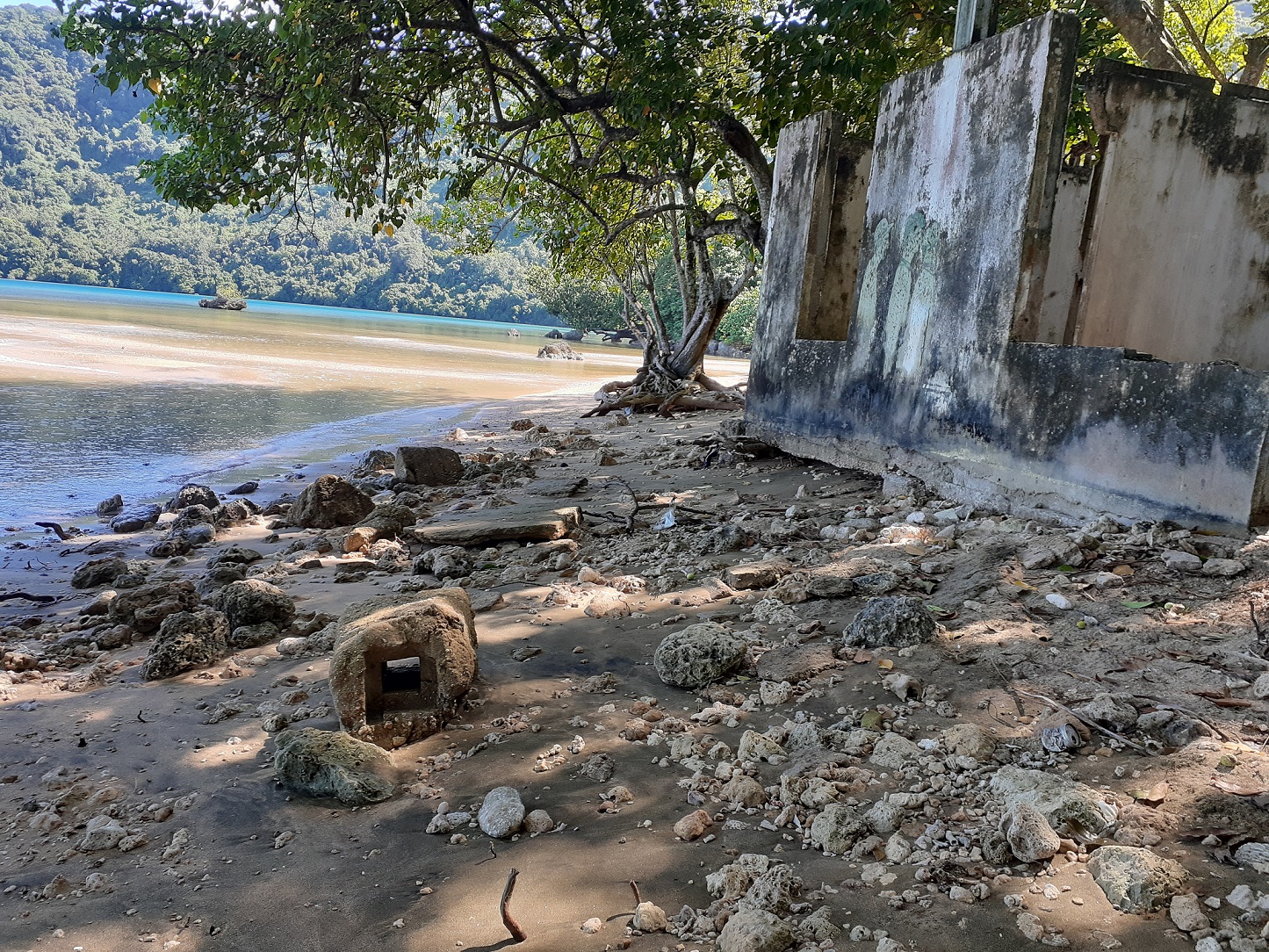
The Anthropogenic inputs from human actions to the Environment and the atmosphere over time led to an increase in Green House Gas (GHG) Emission globally.
The increase and dependency on fossil fuel consumptions, Improper Waste management opportunities and approaches, increase in Livestock, and Land use and Land use changes which is also captured on the National GHG Inventory reporting to the United Nation Framework of Convention for Climate Change Convention (UNFCCC) being the most GHG emitting sectors nationally. These Anthropogenic practices contributes to climate change so resulting in severe cross-sectoral impacts. Hence, the practicality of reducing GHG Emission in the atmosphere is called Climate Change Mitigation.
Vanuatu’s contribution to the Global Emission is very minimal of 0.0016%; this potentially shows that the national Input of GHG emission is minimal but adversely impacted and most vulnerable to the risks of climate change.
The CCDRR Policy 2016 – 2030 with a strategic objective of low carbon development which aims at expanding sustainable development opportunities that reduce carbon emissions and simultaneously contribute to resilient livelihoods and wellbeing. In the global context, Vanuatu’s actions have a minimal impact on climate change. However, renewable energy and energy efficiency investments have significant benefits in terms of minimizing negative impacts on the environment, and mitigating climate change. Conservation of the natural environment is vital to reducing emissions from deforestation and forest degradation. Sustainable tourism and other green development activities can bring substantially higher social, economic and environmental benefit and resilience than high carbon developments.
The government of Vanuatu endorsed the Vanuatu National Energy Road Map 2013–2020, implemented by the Department of Energy, which commenced in March 2013. This document provides for Vanuatu’s future strategic direction on energy, including climate change mitigation, through increased use of renewable and geothermal energy. The road map will play a vital role in shaping renewable energy demand, energy efficiency and carbon dioxide emissions, and meeting proposed carbon intensity targets and climate commitments in the NSDP. A National Energy Road map will outline the energy sector’s implementation plans to achieve the climate change and disaster risk-reduction commitments.An energy sector priority identified in the road map is mitigating climate change through renewable energy, energy efficiency and conservation. A further objective is to reduce reliance on imported diesel and petroleum products through efficiency improvements in the transport sector and investment in renewable energy in the power generation sector. Many of Vanuatu’s specific priorities are also outlined in the Nationally Determined Contribution document submitted to the United Nations Framework Convention on Climate Change.
The government of Vanuatu is undertaking REDD+ (Reducing Emissions from Deforestation and Forest Degradation) Readiness to enhance mitigation efforts in forest management. Its objective is to strengthen Vanuatu’s capacity to design a socially and environmentally inclusive national strategy for reducing emissions from deforestation and forest degradation. It will also provide for conservation, sustainable forest management, and enhancement of forest carbon stocks. National mitigation considerations should equally consider forest and terrestrial (green) carbon sinks, as well as oceanic, coral reef, and seagrass (blue) sinks.
Other initiatives from other GHG emitting sectors also introducing some strategic options, technologies which to help reduce GHG emission in their sectors. Thus, the mitigation position that exists under the department of Climate Change with the purpose to support and coordinate the REDD+ initiatives and climate change mitigation Initiatives and awareness programmes in Vanuatu.
“Therefore to enable a reduction in GHG emission at the National Level, all respective and key implementing partners from Government, International Agencies, NGO and CSO’s are to work together to effect national obligations and policies to enable a sustainable and climate resilient Vanuatu”.

